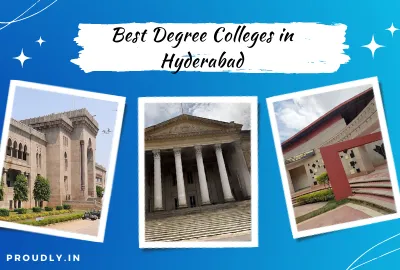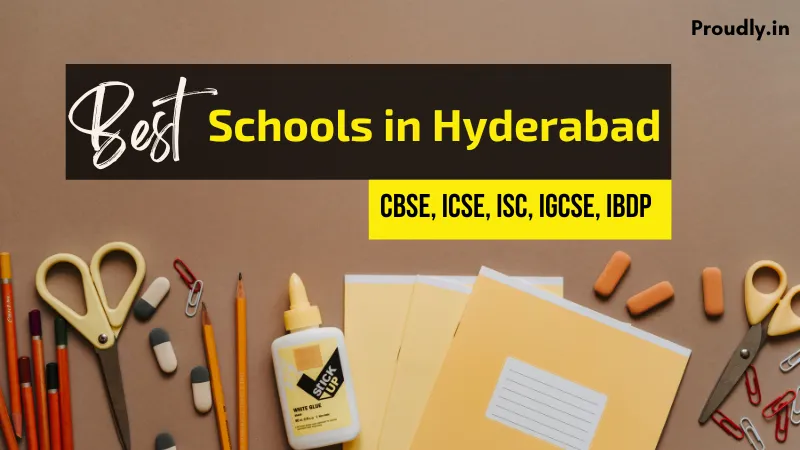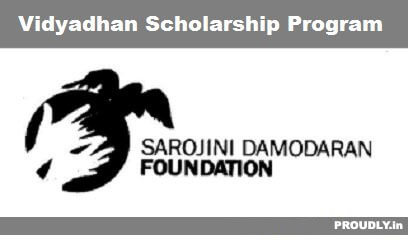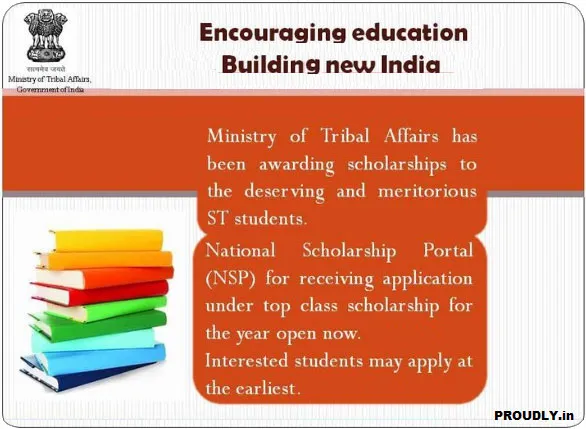Career Options After 10th Class: What To Do After Completing 10th
There are several professional courses you can consider. These courses are designed to provide specialized knowledge and skills in specific fields. After completing the 10th class, you have various career options and several paths you can consider for further education. Here are some common options:

1. Higher Secondary Education (10+2):
Many students choose to pursue higher secondary education, which typically involves completing 11th and 12th grades. This is a common pathway for students who plan to pursue undergraduate studies later on.
Higher Secondary Education refers to the educational stage that follows the completion of 10th grade or secondary education. It typically includes 11th and 12th grades, also known as the “plus two” level in many education systems.
Many students choose to continue their studies by pursuing higher secondary education, which typically includes 11th and 12th grades. This is a common route if you plan to go for further studies at the undergraduate level.
Higher secondary education is an important phase as it prepares students for entrance exams, college admissions, and future academic pursuits. It allows students to gain in-depth knowledge and understanding of their chosen subjects and lays the groundwork for higher education options, such as undergraduate degrees or professional courses.
2. Choose a Stream:
During higher secondary education, students have the opportunity to choose a specific stream or subject specialization based on their interests and career aspirations. Each stream focuses on different subject areas and provides a foundation for further studies or career pathways in related fields.
Also Read: What is IELTS Exam and How to Prepare for it in 2023?
In many education systems, students have the option to select a stream based on their interests and career aspirations. Common streams include Science (PCM/PCB), Commerce, and Arts/Humanities. The choice of the stream can be influenced by the subjects you enjoy and the career path you wish to pursue.
Throughout the higher secondary level, students are exposed to a broader range of subjects and develop critical thinking, problem-solving, and research skills. The curriculum typically includes a combination of compulsory subjects, elective subjects, and practical coursework.
Successful completion of higher secondary education is often a prerequisite for admission to colleges, universities, and professional courses. It sets the stage for further specialization in specific fields, leading to various career opportunities and academic pursuits.
3. Professional and Vocational Courses:
If you have a specific career interest or skill set, you may explore vocational courses or diploma programs that provide practical training in a particular field. These courses can equip you with specialized skills and make you job-ready after completion. Here are some common professional courses:
Also Check: 12 Best Schools in Hyderabad
- Diploma in Engineering: Various diploma courses in engineering are available after the 10th class, such as Civil Engineering, Mechanical Engineering, Electrical Engineering, and Computer Engineering. These courses provide practical training and technical skills in their respective disciplines.
- Diploma in Medical Laboratory Technology (MLT): This course focuses on laboratory testing and analysis in the field of medical science. It trains students to perform various diagnostic tests and work in medical laboratories.
- Diploma in Hotel Management: This course is suitable for those interested in the hospitality industry. It covers topics such as hotel operations, food and beverage management, front office management, and event planning.
- Diploma in Fashion Designing: If you have a passion for fashion and creativity, this course can help you develop skills in designing garments, understanding fashion trends, and creating fashion collections.
- Diploma in Computer Applications (DCA): This course provides training in computer software applications, including programming languages, office productivity tools, and database management.
- Diploma in Business Management: This course introduces students to the fundamentals of business administration, including areas such as marketing, finance, human resources, and entrepreneurship.
- Diploma in Animation and Multimedia: This course focuses on developing skills in animation, graphic design, video editing, and multimedia production.
- Diploma in Event Management: Event management courses train students in organizing and coordinating various types of events, including conferences, exhibitions, weddings, and corporate events.
4. Polytechnic or Industrial Training Institute (ITI):
Polytechnic and ITI (Industrial Training Institutes) are educational institutions that offer technical and vocational training programs that focus on practical skills development. They provide practical skills training in various fields to equip students with industry-specific knowledge and expertise. These courses can be a good fit for those interested in hands-on technical work.
- Polytechnic:
Polytechnic institutions offer diploma courses in engineering and technology. These courses focus on practical skills development and hands-on training in specific branches of engineering, such as Civil Engineering, Mechanical Engineering, Electrical Engineering, Computer Engineering, and more.
Polytechnic programs are typically of three years duration and provide a strong foundation for technical careers. Graduates from polytechnic institutes can pursue job opportunities or further education, such as lateral entry into bachelor’s degree programs.
Also Check: List of 20 Best Government Degree Colleges in Hyderabad
- Industrial Training Institute (ITI):
ITIs provide vocational training in a wide range of trades and crafts. These programs are typically of one or two years’ duration and offer practical training in fields such as electrician, plumber, welder, fitter, carpenter, mechanic, and more.
ITIs focus on imparting specific skills required in industries and trades. After completing an ITI course, students can seek employment in relevant industries or continue their education through specialized courses or apprenticeships.
Both Polytechnic and ITI programs have a strong emphasis on practical training, allowing students to gain hands-on experience in their chosen fields. These institutions often have well-equipped workshops and laboratories to facilitate practical learning. Polytechnic courses are more comprehensive and provide a broader understanding of engineering principles, while ITI courses focus on specific trades and crafts.
The choice between Polytechnic and ITI depends on your career goals and interests. If you aim to pursue a career in engineering or technology, a Polytechnic diploma can be a suitable choice. On the other hand, if you prefer to gain specialized skills in a specific trade or craft, an ITI program can provide focused training. It’s important to research and consider the specific courses and offerings of Polytechnics and ITIs in your area to make an informed decision.
5. Open Schooling or Distance Education:
If you have personal circumstances or preferences that make traditional schooling challenging, you may explore options like open schooling or distance education, which allow for more flexibility in terms of study schedule and location.
Open Schooling and Distance Education are alternative modes of education they cater to individuals who may have different circumstances or preferences that make traditional classroom-based education challenging.
-
Open Schooling:
Open Schooling refers to a system of education that allows students to pursue their studies outside the traditional school environment. It provides flexibility in terms of enrollment, study materials, and examinations. Open schools often offer courses at various levels, including secondary (10th) and higher secondary (12th) education. Students have the freedom to choose subjects, study at their own pace, and appear for examinations when they feel prepared.
Also Read: 10 Best Motivational Books to Read and Inspire Yourself
-
Distance Education:
Distance Education, also known as distance learning or correspondence education, allows students to pursue education remotely, without being physically present in a traditional classroom. It involves the use of various educational technologies and resources to deliver course materials, conduct virtual classes, and assess student progress. Distance education programs are offered by universities, colleges, and educational institutions, providing opportunities for higher education, professional courses, and skill development.
Both Open Schooling and Distance Education offer flexibility and accessibility to individuals who may have constraints such as work commitments, geographical limitations, or personal circumstances. These modes of education enable students to study from home, manage their own learning schedule, and often provide support through online platforms, study materials, and virtual interactions with teachers and fellow students.
It’s important to note that the specific offerings and structure of Open Schooling and Distance Education programs may vary depending on the educational institution or governing body. It’s advisable to research and select reputable institutions that offer recognized qualifications and support services to ensure a quality learning experience.
Ultimately, the best choice depends on your interests, strengths, career goals, and personal circumstances. It can be helpful to have discussions with your parents, teachers, and career counselors who can provide guidance based on your individual situation.












 Previous Post
Previous Post Next Post
Next Post